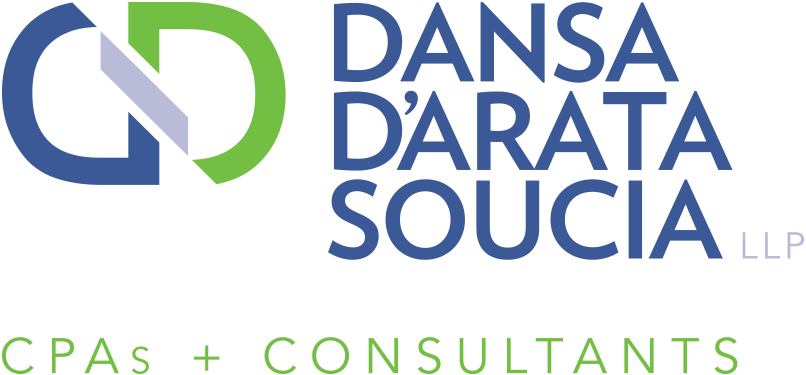Businesses – Tax Law Changes & Planning Opportunities for 2018
As you may be aware, major tax reform legislation has been signed into law this year and resulted in sweeping changes to the tax code for the first time in about 30 years. Businesses should be aware of the provisions that have changed and plan now for how they affect you moving into 2018.
The corporate rate cuts are significant. The 2017 tax act provides for a 21% flat corporate tax rate. Businesses conducted as sole proprietorships, partnerships, or S corporations are subject to a special deduction under the 2017 tax act beginning in 2018.
The 2017 tax act also significantly reforms international rules. This has made planning more difficult, particularly for businesses that must consider the impact of international tax rules.
Below are highlights of the 2017 tax act.
Business Deductions and Credits
Section 179 Expensing:
- For tax years beginning after 31, 2017, the expensing limitation is increased to $1 million and the phase out amount to $2.5 million. The new limitations are to be adjusted for inflation. The act further expands the definition of §179 property and the definition of qualified real property for improvements made to nonresidential real property.
Research and Development Credit:
- The research and development credit is preserved.
Deductions for Income Attributable to Domestic Production Activities:
- For tax years beginning after Dec. 31, 2017, the deduction for income attributable to domestic production activities is repealed.
Entertainments Expenses Deductions:
- For tax years beginning after 31, 2017, no deduction is allowed generally for entertainment, amusement, or recreation; membership dues for a club organized for business, pleasure, recreation, or other social purposes; or a facility used in connection with any of the above.
NOL Deduction:
- For NOLs arising in tax years beginning after Dec. 31, 2017, the limit on the NOL deduction is 80% of the taxpayer’s taxable income and provides that amounts carried to other years be adjusted to account for the Amounts are to be carried forward indefinitely.
Corporations
Corporate Tax Rate:
- For tax years beginning after Dec. 31, 2017, there is a 21% flat corporate tax rate; there is no special tax rate for personal service corporations.
Alternative Minimum Tax:
- For tax years beginning after 31, 2017, the alternative minimum tax is repealed. In 2018, 2019 and 2020, if the taxpayer has an AMT credit carryforward, the taxpayer is able to claim a refund of 50% of the remaining credits (to extent credits exceed regular tax for year). For 2021, the taxpayer is able to claim a refund of all remaining credits.
Pass-Through Entities
Pass-Through Tax Rate:
- For tax years beginning after Dec. 31, 2017, generally a 20% deduction for qualified business income is provided in lieu of tax rate changes. Special rules apply when computing the deduction. The deduction expires for tax years beginning after Dec. 31, 2025.
International
Base Erosion:
- U.S. shareholders of CFCs are subject to a tax on “global intangible low-taxed income” (GILTI) with a deduction of 37.5% for foreign-derived intangible income (FDII) plus 50% of the GILTI, and the amount treated as a dividend under §78. Deductions are reduced for tax years beginning after Dec. 31, 2025. There is a revised definition of intangible property to include goodwill, going concern value, workforce in place, or any other item the value of which is not attributable to tangible property or the services of an individual. Clarification of the Commissioner’s authority to specify the method used to determine value of intangible property has also been provided. There is now a denial of deduction for certain related party amounts paid or accrued in hybrid transactions or with hybrid entities. Dividends received by an individual shareholder of a surrogate foreign corporation are not eligible for reduced rates on dividends in §1(h).
If you would like a detailed review of the opportunities available to your business there will be a minimum fee of $1,000 for these consulting services; the fee will change based on the complexity of your business’ tax profile. Please contact us to set up a meeting to insure you are positioned to minimize your 2018 tax liability by taking advantage of the tax planning opportunities under these new rules that are generally going into effect for 2018.

